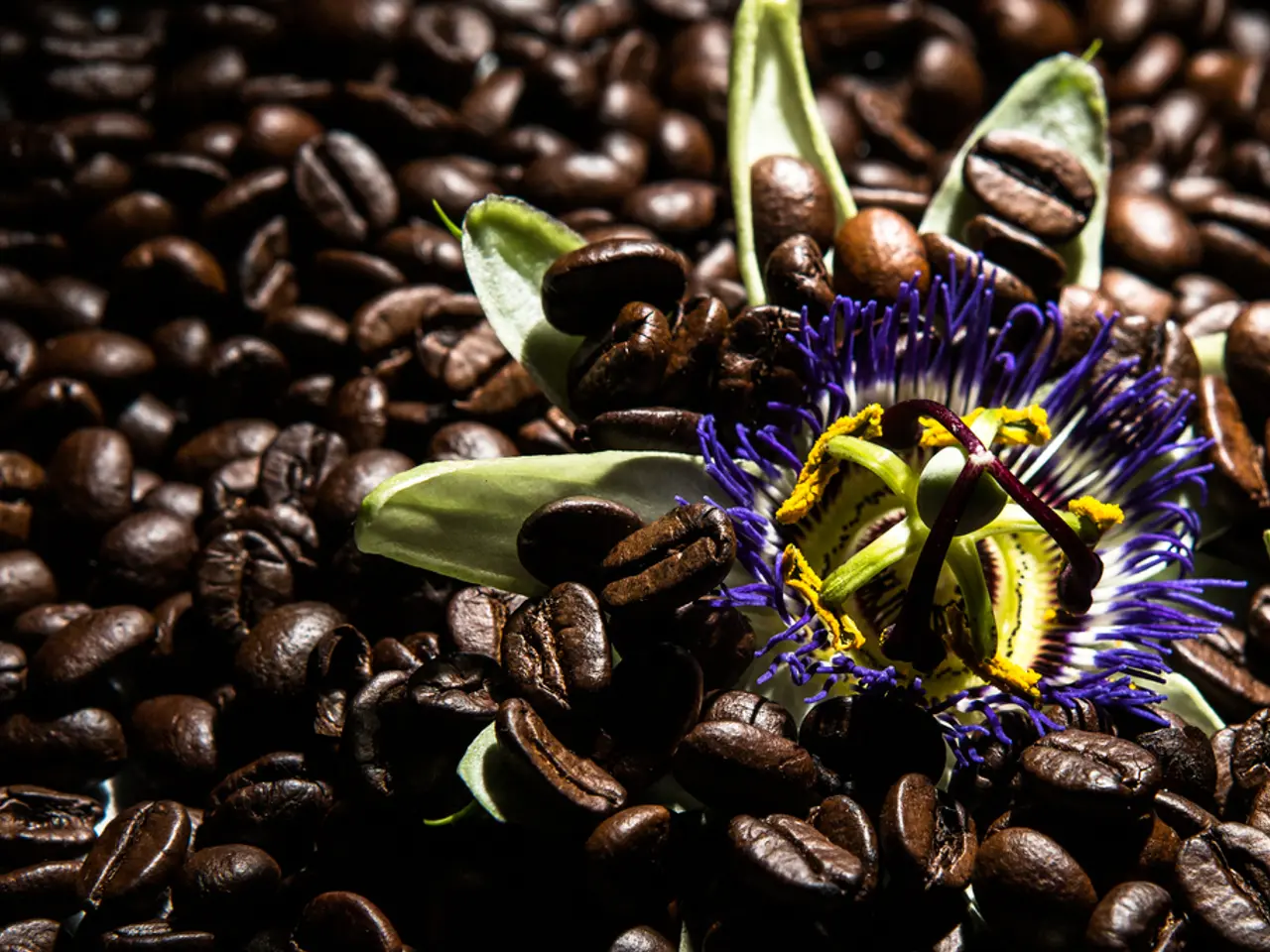Garden Compost: Comparing Loose Leaf Tea and Coffee Grounds for Optimal Results
In recent years, a revolutionary trend has taken root in the world of horticulture, as plant breeders in the United States, such as those at the University of California, Davis, and the University of Florida, have made significant strides in breeding plants optimized for growth using coffee grounds and tea leaves as organic amendments.
Urban gardening, particularly the cultivation of herbs like chamomile, mint, and lemon balm, has become a hot new trend among city dwellers worldwide. These herbs not only lend a delightful aroma to your evening cup but are also easy to grow on your patio.
Coffee grounds, rich in nitrogen, support lush leafy growth in plants like spinach, lettuce, or herbs. The slight acidity of coffee grounds benefits blueberries, roses, azaleas, and tomatoes. On the other hand, green tea leaves can be used as light mulch around acid-loving plants.
Lemon balm leaves, after steeping, can be returned to the soil as they are gentle on plants and beneficial for compost. Similarly, tea leaves improve the soil's ability to hold moisture, especially valuable in containers or patio gardens. Peppermint or Spearmint tea leaves add organic matter and break down smoothly in the soil.
Chamomile tea leaves break down easily, adding gentle nutrients to the soil. Organic matter from tea encourages beneficial microbes that strengthen root systems, promoting steady soil health. Used tea leaves release balanced amounts of nitrogen, potassium, and phosphorus, further contributing to the soil's health.
It's worth noting that loose leaf tea is recommended over tea bags, as many tea bags contain microplastics or bleached fibres that don't belong in soil.
Donna Letier, an expert in gardening, suggests that herbs like chamomile, mint, and lemon balm belong in every patio tea garden. The practice of returning coffee grounds and tea leaves to the soil completes a circle: ritual → nourishment → renewal, benefiting plants, yourself, and the planet. This simple act of care for your plants and the environment is a connection between your rituals and the nourishment and renewal of your garden.
So, the next time you enjoy a cup of tea or coffee, remember that you're not just sipping a beverage, but also contributing to a sustainable, eco-friendly garden that thrives on your waste. Cheers to a greener, more sustainable future!




